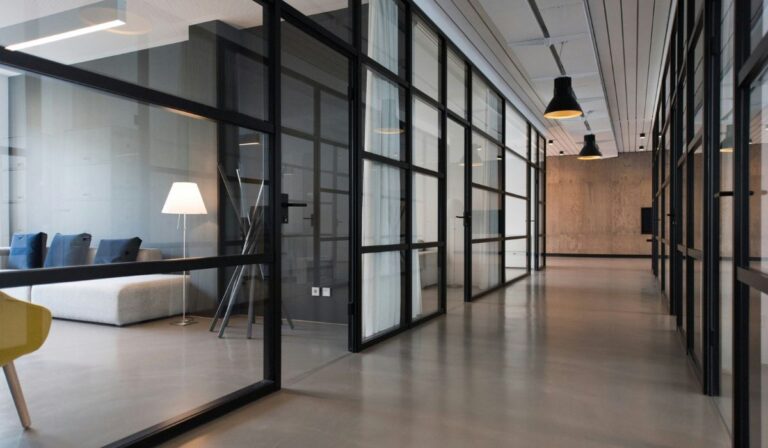Startups face unique challenges, particularly when it comes to managing operational expenses while creating a professional workspace. One of the critical decisions new businesses must make is to set up a traditional office lease or take advantage of the increasingly popular coworking spaces. Each option has its advantages, but understanding the cost-benefit dynamics can help startups make an informed choice that will suit their ever evolving needs and potentially tighter budget.
Financial Flexibility: A Key Advantage for Startups
One of the primary benefits of coworking spaces for startups is the financial flexibility they offer. Traditional office leases often require long-term commitments, some with contracts ranging from three to five years. This can be a significant burden for startups still in the early stages of growth and unsure about their future space needs. In addition to rental costs, offices come with the added expenses of utilities, office equipment, furniture, and maintenance.
In contrast, coworking spaces offer flexible rental options that allow startups to rent desks or office spaces on a daily, weekly, or monthly basis and in a multitude of setups. This pay-as-you-go model enables businesses to scale up or down as needed without the burden of a long-term lease. For instance, coworking spaces like those offered on Coworker provide startups with the option to search for and rent just the amount of space they need, and in a number of locations around the world, optimizing operational costs and avoiding unnecessary expenditures.
Amenities and Infrastructure: What You Get for Your Money
Traditional office spaces typically require some upfront investment in infrastructure. Startups are responsible for setting up utilities, internet connections, and purchasing office furniture and equipment. These initial costs can be overwhelming for small businesses trying to get off the ground, eating into capital that could otherwise be spent on growth initiatives.
Coworking spaces offer a wide range of amenities that are included in the rental price. These typically include high-speed internet, office furniture, access to conference rooms, printing services, and communal areas. Moreover, coworking spaces often provide additional perks, such as networking events, complimentary coffee, and sometimes even fitness facilities. In coworking hubs like San Francisco coworking spaces, startups can access state-of-the-art infrastructure without the need for large capital investments, making it a cost-efficient option.
The Impact on Startup Culture and Productivity
Another critical factor to consider in the cost-benefit analysis is the impact of the workspace on company culture and productivity. Traditional office spaces can provide a sense of stability, with the opportunity to create a company-specific culture through the design and layout of the office. However, it can also feel isolating, especially for small teams that may miss out on the collaborative energy of busier office environments.
Coworking spaces are designed to foster a sense of community and networking. These spaces bring together individuals and businesses from various industries, encouraging collaboration where suited, and the exchange of ideas. The collaborative atmosphere often found in coworking environments can lead to increased creativity and innovation, crucial elements for startup success. Additionally, shared spaces can enhance employee morale and productivity by providing a more dynamic and flexible work environment. According to Forbes, coworking spaces also promote thriving entrepreneurial ecosystems by facilitating knowledge sharing across industries.
Long-Term Viability: Is Coworking Sustainable for Growing Startups?
While coworking spaces offer several obvious short-term benefits, startups must also consider the long-term viability of this option. As a startup grows and its team expands, the cost of coworking spaces can increase. In some cases, the monthly fees for coworking can surpass the cost of a traditional lease, especially if the startup requires significant space for its operations.
That said, the flexibility of coworking spaces allows startups to adapt as their needs evolve, offering a more scalable solution during periods of rapid growth. Additionally, coworking spaces can be a bridge for startups that are not yet ready for the financial commitment of a long term lease but require more stability than a home office or other temporary solution.

